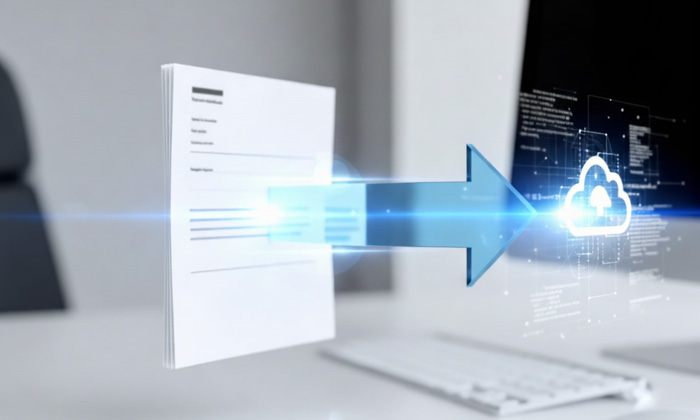
IEPF Claim
Tracing Unclaimed Shares
IEPFClaim is an expert in tracing and locating financial investments like shares for investors across the globe who had at any time put money in Indian financial instruments. Our data analytics team comprises leading minds having access to in-depth data from public and other sources which are then analyzed to figure out what investments belong to a certain investor or their ancestors. The investors might be unaware of such investments due to frequent changes of addresses, sudden demise in the family, etc. thereby leading to loss of the shares.


Demat of Shares
Loss of Share Certificates


Resolving Change of Address / Signature Mismatch
Recovery of Unclaimed Shares / Unclaimed Dividends


Probate / Letter of Administration
Most people leave behind a will; however, there are some who don’t. In legal terms, this means that the person has died intestate. In such instances, a Letter of Administration needs to be granted by the competent court to an administrator. The administrator will then be the person responsible for administering the belongings of the deceased according to the succession laws of the land. We can help you secure the letter of administration for this process. Usually, the amount is distributed equally among what are classified as Class-I heirs, or the deceased’s close relatives. The children should not be minors. If they are, then their share will be paid by their mother after they turn 18 years of age.
Succession Certificate
A will is a legal document which explicitly states how the person wishes to divide their property after death. If the deceased has died intestate (without writing a will), leaving behind debt and securities, then a document called succession certificate is needed for collecting debts and securities due to her/him.This certificate also indemnifies the debtors regarding all the payments made or the dealings done in good faith, from the holder of the certificate. This is precisely the reason many people concerned with these types of dealings ask for a succession certificate before beginning the proceedings for settling debts of the deceased with the claimant.A succession certificate is valid throughout India.


Legal Heir Certificate / Surviving Member Certificate
A legal heir certificate is an official document issued by a government authority such as Tehsildar/SDM/Revenue dept. that identifies the heirs of a deceased person, especially when there is no will. It is required to claim the deceased’s assets, such as bank accounts, properties and to receive benefits like pension, insurance, and provident fund. This certificate proves the legal relationship between the deceased and their successors and is necessary for transferring property.
